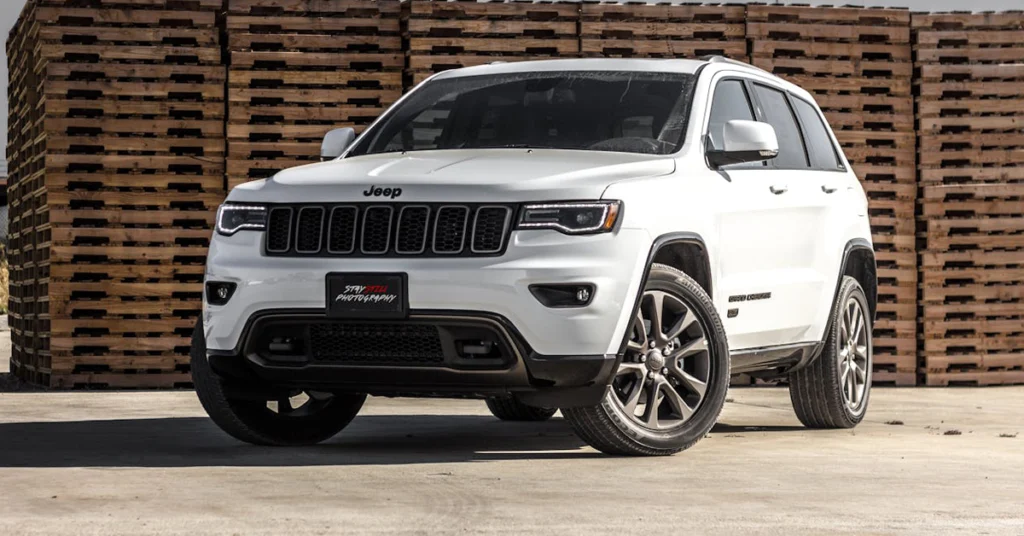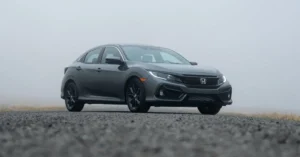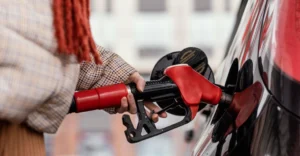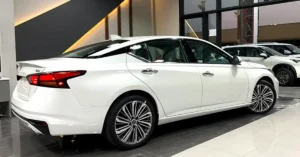You get into your Jeep Cherokee, press the start button or turn the key, and the dashboard lights up just fine. The radio works, the headlights are strong, and there’s no sign of a dead battery. But when you expect that familiar growl from the engine, there’s silence. It’s one of the most frustrating situations any driver can face. You know the SUV has power, yet it stubbornly refuses to start.
This problem isn’t unique to the Cherokee. Many modern vehicles can display power but still fail to fire up due to a range of issues affecting the electrical, ignition, or fuel system. The challenge lies in pinpointing exactly which part is misbehaving. Sometimes it’s something simple like a corroded battery connection, while other times it could be Jeep’s own electronic control modules acting up.
In this guide, we’ll explore the most common causes of a Jeep Cherokee that won’t start despite having power, along with practical fixes that can get you back on the road. Whether you’re a hands-on DIY driver or someone who prefers visiting a trusted mechanic, understanding these causes will save you time, money, and unnecessary stress.
Understanding the Basics of a No-Start Condition
When your SUV has power but doesn’t start, it means electricity is reaching some systems, but one or more critical components in the starting chain is failing.
To start an engine, three things must align:
- Electrical power from the battery and alternator.
- Fuel delivery from the pump and injectors.
- Ignition spark provided by the plugs and coils.
If any of these are interrupted, the engine won’t come to life. That’s why your car might show lights and electronics working but still refuse to turn over. Some issues are mechanical, like a worn-out starter motor. Others are electronic, like a faulty key fob or Jeep’s TIPM (Totally Integrated Power Module).
Let’s break it down piece by piece.
Battery Problems Even When There’s Power
A common misconception is that if the lights and dashboard come on, the battery must be fine. In reality, a weak or failing battery can still provide enough juice for electronics but not enough to crank the heavy-duty starter motor.
Signs your battery may be at fault include:
- Dim or flickering headlights.
- Clicking noises when you turn the key.
- Sluggish cranking before the engine stalls.
How to check:
- Turn on the headlights and see if they dim when you try starting the engine.
- Use a multimeter: a fully charged battery should read at least 12.6 volts.
- Try a jump-start. If the car fires up, the battery or alternator could be the culprit.
Possible fixes:
- Clean corroded battery terminals with a brush or baking soda solution.
- Inspect wiring for rust or damage.
- Replace the battery if it’s more than 4–5 years old or no longer holds charge.
When the Key Fob Lets You Down
Modern Cherokees rely heavily on smart key fobs. If the fob battery is weak, the car may not detect it, preventing the ignition system from engaging.
Symptoms of a key fob issue:
- “Key not detected” warning on the dashboard.
- The car doesn’t respond to lock/unlock buttons.
- The engine won’t start even though electronics work.
Quick fixes:
- Unlock the car manually with the physical key blade.
- Hold the fob close to the push-start button and try again.
- Replace the fob battery with a new one (cheap and easy DIY).
- Use a backup fob if you have one.
If the problem persists, the fob may need reprogramming or replacement.
Starter Motor and Solenoid Issues
The starter is a small but mighty motor that cranks your engine into motion. If it fails, your Jeep won’t start no matter how good the battery is.
Warning signs of starter trouble:
- Loud clicking sound when you turn the key.
- The engine doesn’t turn over at all.
- Occasional starts followed by sudden failures.
How to check:
- Turn the key and listen for clicks.
- Lightly tap the starter motor with a wrench and try again. This can temporarily free up a stuck solenoid.
- Use a voltmeter to check if power is reaching the starter.
Fixes:
- Replace the starter motor if it’s failing.
- Swap out the starter relay if faulty.
- Inspect wiring between ignition switch and starter.
Alternator Troubles
The alternator charges your battery and powers electrical systems while driving. If it fails, the battery quickly drains, leaving you stranded.
Signs of alternator failure:
- The battery drains soon after being jump-started.
- Warning lights on the dashboard.
- Burning smell or whining noise under the hood.
- The engine dies while driving.
How to test:
- Jump-start the car, then disconnect the cables. If it stalls, the alternator may be bad.
- Check voltage with a multimeter: should be 13.5 to 14.5 volts with the engine running.
Fixes:
- Replace the alternator if it’s not charging.
- Inspect the serpentine belt for wear or looseness, as it can affect charging.
Ignition System and Spark Plug Failures
Even with fuel and power, the engine won’t run without a strong spark. Ignition problems are a frequent cause of no-start conditions.
Symptoms include:
- Engine cranks but won’t start.
- Rough idling or misfires.
- Loss of power while driving.
DIY checks:
- Try starting in Neutral instead of Park to rule out a bad neutral safety switch.
- Inspect spark plugs for fouling, carbon buildup, or damage.
- Check for fuel smell. If fuel is present but there’s no ignition, the plugs or coils may be faulty.
Fixes:
- Replace worn or fouled spark plugs.
- Swap weak ignition coils.
- Replace the ignition switch if it cuts out unexpectedly.
Jeep-Specific Headaches: TIPM and Fuel Pump Relay
One issue that haunts Jeep Cherokee owners is the TIPM, or Totally Integrated Power Module. This controls many electrical systems, and failures can cause frustrating no-start conditions.
Common TIPM-related symptoms:
- Engine cranks but won’t start.
- Fuel pump doesn’t engage (no humming sound when turning key to On).
- Random stalling or electrical glitches.
How to spot and fix:
- Listen for fuel pump hum when turning the key.
- Cycle the key On and Off a few times before starting.
- Consider a fuel pump relay bypass if your model is affected.
- In severe cases, a TIPM replacement or software update is needed at the dealership.
Other Electrical Gremlins Worth Checking
Sometimes the problem is simpler:
- Blown fuses or relays cutting off power.
- Wiring damage from rodents or corrosion.
- Immobilizer or anti-theft systems preventing ignition.
Checking the fuse box and inspecting visible wiring can often reveal hidden culprits.
When to Seek Professional Help
Not every no-start issue is DIY-friendly. If you’ve gone through the basics and your Jeep still refuses to cooperate, it’s time to bring in a professional.
Why mechanics help here:
- They have advanced diagnostic tools like OBD-II scanners.
- Some Jeep-specific faults (like TIPM) require software updates.
- They can pinpoint complex wiring or sensor issues faster.
Practical Preventive Tips for Jeep Cherokee Owners
Prevention is always better than cure. A few habits can dramatically reduce the chances of being stuck with a no-start issue:
- Test your battery and alternator every 12 months.
- Replace spark plugs according to service schedules, usually every 30,000 to 50,000 km.
- Carry a spare key fob battery in the glove box.
- If you own an older Cherokee, have the fuel system and TIPM checked regularly.
- Avoid aftermarket wiring that can confuse or overload the electrical system.
Conclusion
A Jeep Cherokee that shows power but won’t start can seem like an unsolvable mystery, but most causes fall into a few predictable categories: weak battery, bad starter, failing alternator, ignition issues, or Jeep-specific electronics like the TIPM. By working through each possibility step by step, you can often diagnose the fault and sometimes even fix it yourself. For deeper problems, especially those involving complex electronics, professional help is the safest option.
By staying proactive with basic maintenance, you can prevent many of these problems and ensure your Cherokee remains a dependable daily driver rather than a source of stress.
Keep Your Car Running Smooth
If your Jeep Cherokee or any other car refuses to start, MotorHub connects you with trusted workshops across Dubai and the UAE. From quick battery replacements to complex ignition and electrical repairs, our partner garages are equipped to handle it all. Whether you are at home, at work, or stuck on the roadside, you can book expert help through MotorHub and get back on the road without delay.



